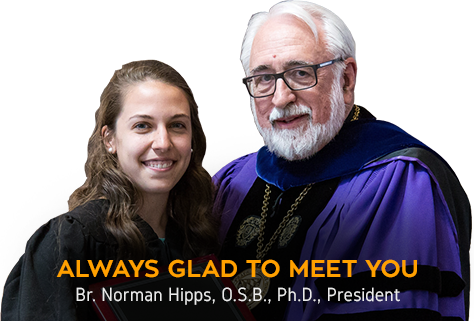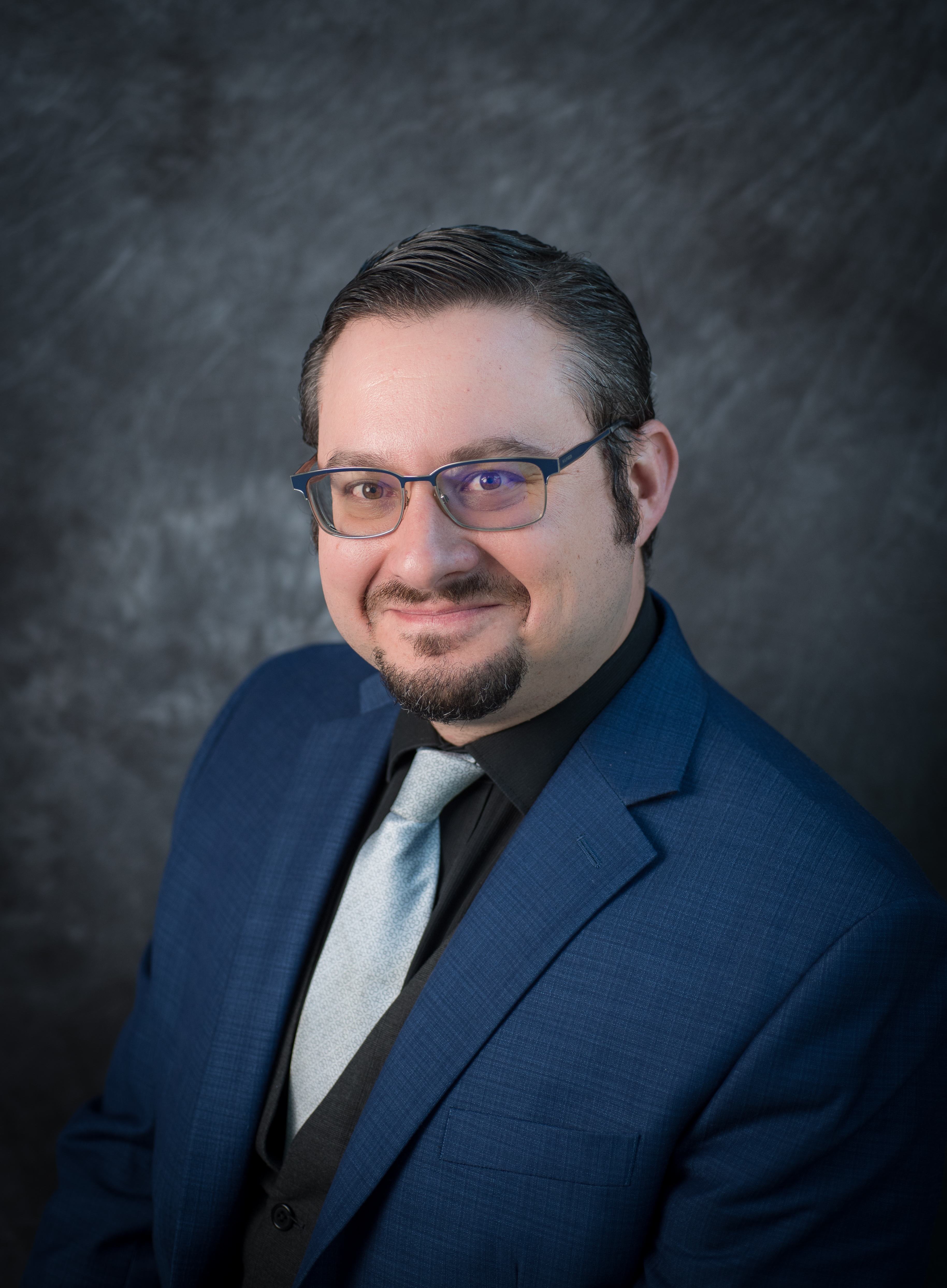Obviously, professors are often going to say that their classes are important (and they usually are, of course!). But, I just started teaching a course this summer session that I view to be my most important. It’s also my most difficult course to instruct.
The class is a graduate course called “Communication, Conflict and Diversity” and, though it is an elective in the Master of Science in Management: Operational Excellence, there are usually quite a number of students who choose to enroll. In fact, this class was offered each summer starting in 2014 at the request of students who viewed it to be necessary. It explores how what we see and hear in the communication that we experience creates labels and divisions which, in turn, can cause conflict. This conflict can be very difficult to resolve because it is fundamentally intwined with how we define ourselves and how others define themselves (as well as how we define them and they define us – notice the “us” versus “them” language that emerges when describing labeling; this language is both common and can lead to conflict). However, engaging in open communication can help to remedy some of the challenges that we face.
This course is important in many ways. Primarily, it is timely – we are confronted with discourses and narratives that constantly label people and we have a lot of missing and incomplete information with which we have to grapple. We’ve all seen complex situations be shortened to a one-sentence headline or a few words in a social media post and we miss the true meaning of the phenomena with which it should describe. Yet, this barrage of communication influences the way that people think, even if subconsciously. Furthermore, we see a lot of conflict in this world and we don’t often see a lot of hope in its resolution.
This course is challenging because it seeks to provide that hope but, like any good course, it often asks many more questions than it answers. It tries not to boil down complex phenomena into headlines or “tweets” but explores these concepts in depth for a few hours an evening four nights a week for three weeks. It also requires students to reflect on their own identities and potential biases. It asks them to question where they get their information and evaluate their approach to interacting with others. And it asks them to share, to be open to others and to be vulnerable.
I’ve heard a range of feedback from this class in previous semesters, so I am anxious to hear feedback from this year’s sessions. I’ve had students tell me that this was the best class ever and that it changed the way that they think about the world. I’ve had other students tell me they did not like the course because it took them out of their comfort zone. I’ve had students tell me that it was timely and it brought them relief as they cope with communication challenges and conflict…while others said it made them more anxious about the state of the world. And I’ve had students get so moved during a session that they cried. On the best nights, I barely spoke and let the students come to their own conclusions.
To me, that’s one mark of an important class – getting students to question the world around them and come to their own conclusions.
What do you think? What was the most important course you’ve ever taken? What is your most effective approach to dealing with conflict and communication challenges? I really want to hear from you! Let me know your thoughts via email at michael.urick@stvincent.edu or connect with me on social media (I promise, I will make no attempts to summarize complex phenomena with a pithy sentence) on Facebook, LinkedIn and/or Twitter.
Dr. Mike Urick


 中国学生
中国学生 Estudiantes
Estudiantes




